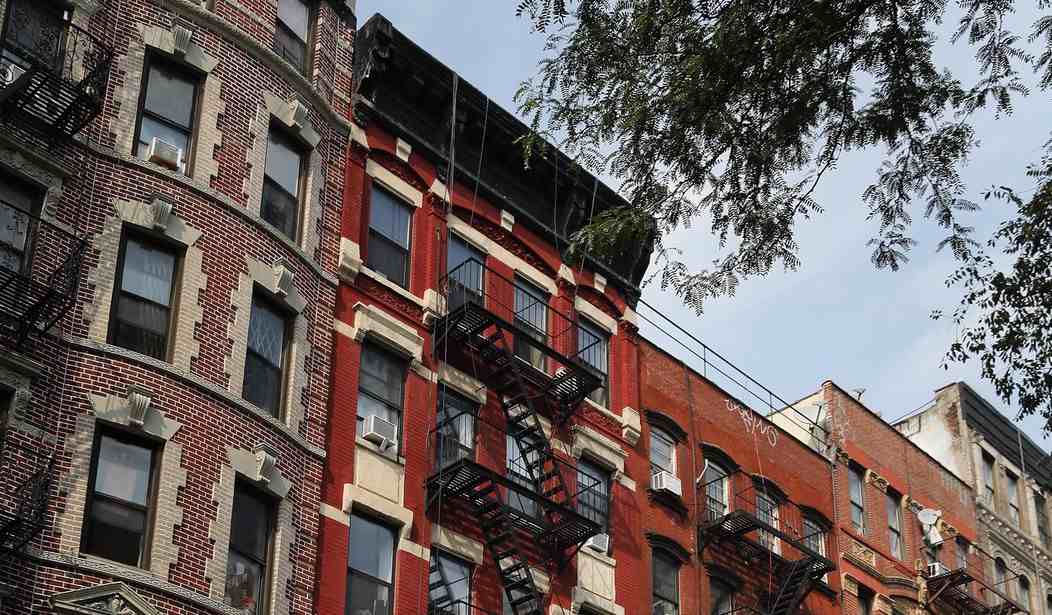When Joe Biden took office, he had everything going for him. The pandemic shutdowns had been lifted, and the availability of the COVID-19 vaccines allowed for the economic engine to roar again. Yet economic prosperity didn't come; instead, we got crippling inflation, and it's been hurting everyone.
No one is immune from the impact of Bidenomics. According to a new report, the average renter can't afford a typical U.S. apartment.
According to Redfin, the typical U.S. renter household earns about $54,712 per year, which is 17.3% less than the $66,120 needed to afford the median-priced apartment at $1,653 per month. This means that 61% of renters can't afford their housing without significant financial stress.
This is based on a Redfin analysis of median U.S. apartment asking rents as of the three months ending May 31, 2024 (referred to as “May” throughout this report), and estimated median incomes for renter households (referred to as “renters” throughout this report). We estimated 2023-2024 median household incomes using U.S. Census Bureau data from 2022—the most recent full year available—and Atlanta Federal Reserve data on year-to-date wage growth covering workers in the bottom half of the wage distribution. We consider an apartment affordable if a renter spends no more than 30% of their income on rent (which is the same as saying their annual income is at least 40 times their monthly rent).
The amount renters must earn to afford the median-priced apartment is at the highest level since October 2022. It’s up 0.8% year over year and up 22.9% from before the pandemic (May 2019), as that’s how much asking rents have risen. At $1,653, the median U.S. apartment asking rent in May was just $47 shy of its record high. Still, it’s worth noting that rent growth is essentially flat.
Inflation, which has surged during Biden's presidency, certainly exacerbates this issue. Rising costs for essentials like food, gas, and utilities leave renters with even less disposable income to cover their housing costs. Despite promises to address affordability and economic inequality, the Biden administration has doubled down with claims that inflation is going down and that wage growth has outpaced it — which isn't true. Biden has made it more difficult for Americans to achieve financial stability.
As you can see from the chart below, the annual income needed to afford a median-priced apartment in the United States was relatively flat in 2020 and started to go up after Joe Biden took office.
The income required to afford a typical apartment decreased last year but is now rising again. In December 2023, it fell to $63,920 when rents dipped below $1,600, though this was still unaffordable for many. The pandemic led to a surge in multifamily construction, which initially caused rents to drop. However, resilient demand, partly due to young renters avoiding the unaffordable homebuying market, is driving rents back up.
On a somewhat positive note, Redfin Senior Economist Sheharyar Bokhari believes that wage growth should outpace rent growth and narrow the affordability gap for some renters, but not all.
"Many U.S. renters are and will remain burdened by the cost of having a roof over their head, and unlike homeowners, they’re not building wealth through rising property values," Bokhari said.










Join the conversation as a VIP Member